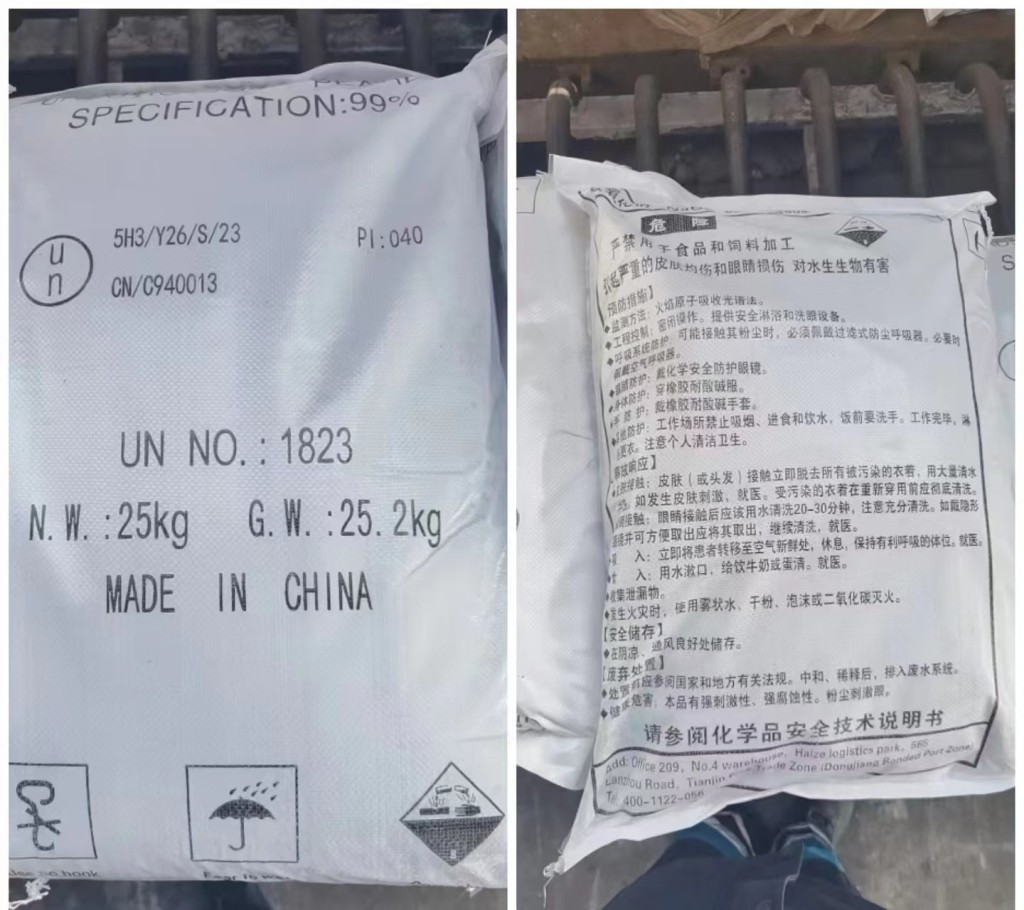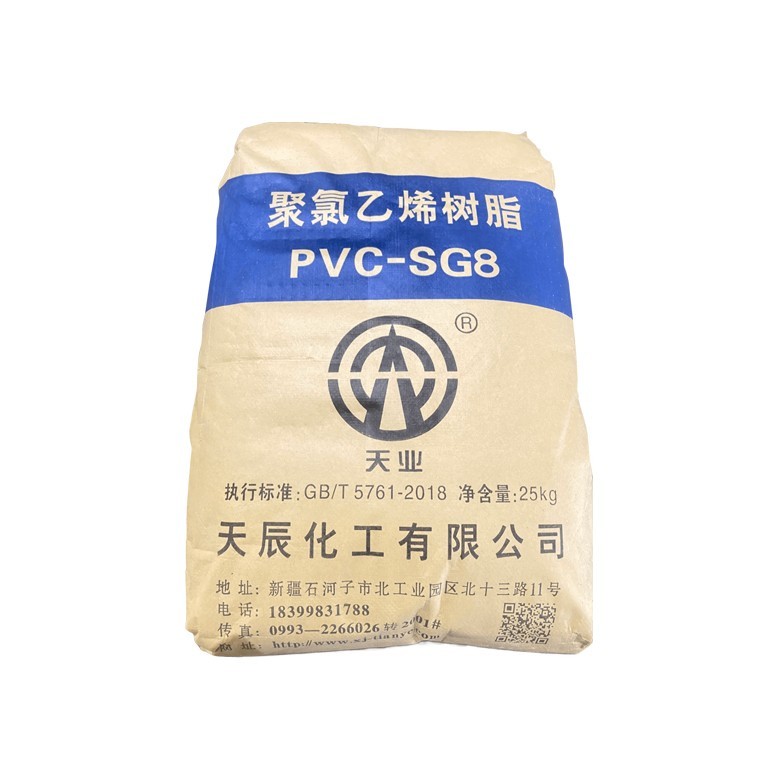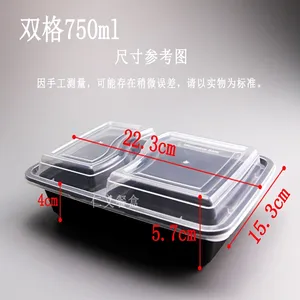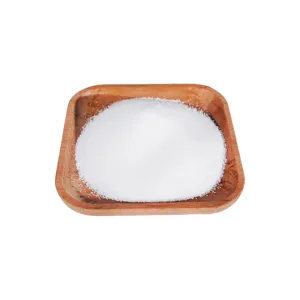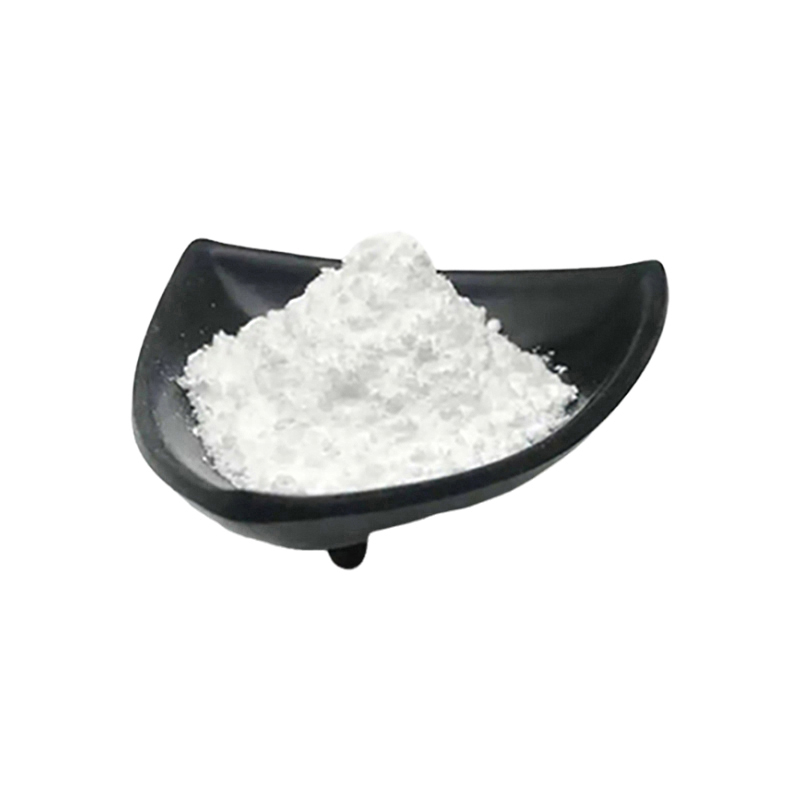Bulk drug prices go up as Olympic fever rises
MUMBAI: Blame it on the forthcoming Beijing Olympic. The prices of many bulk drugs such as ranitidine, aminophylline, amoxycilline and ampicillin have shot up by around 50% in the past three months after the Chinese government stopped production at numerous chemical firms major suppliers to Indian drug companies to make the Olympics city pollution-free.
Indian firms have been hit as they used to import some major feedstocks, including propylene, ethylene, diethylene glycol, styrene monomer and caustic soda from these Chinese companies, pharma traders said. ET on June 17 had reported that medicine prices have started going up because of Chinese ban on chemical exports.
We have already asked the members of our association to keep a watch on the price movements. The prices of some drugs have already started to move up. However, it may take some more time to get the real picture of the impact, JS Shinde, general secretary, All India Association of Chemists and Druggist said.
Indian companies are working overtime to find alternate source of these raw materials. It is very difficult to assess the impact now because we are using raw materials from various countries. A lot is coming from China. We have already made alternative arrangements to import many basic chemicals which used to come from China from Europe, a senior Sun Pharmaceutical official said.
The domestic prices of ranitidine (anti-ulcer) has witnessed a sharp spurt from Rs 490 per kg in the end of March 2008 to Rs 800 per kg in the May-June period. Before this price hike, ranitidine prices had been going down sharply for few years. The prices of ranitidine had come down from Rs 740 per kg in May 2006 to a low of Rs 490 per kg in January and February 2008, before starting to rise again.
Prices of other bulk drugs such as amoxcyline trihydrate (39%), ampicilline sodium (6.2%) and dicyclomine (83%) have gone up in the past three months. The Beijing Municipal Public Security Bureau has imposed a blanket ban on the production and sale of more than 257 chemicals near the city from May 1 in an effort to improve air quality in and around Beijing, leading to closure of over 300 chemicals plants.
China is the largest exporter of chemical products in the world. The average import duty on chemicals in China is 6.5%. This forces their chemical firms to procure raw materials domestically.
Recommended Suppliers
 June 3, 2024
June 3, 2024  June 3, 2024
June 3, 2024  June 17, 2024
June 17, 2024  June 18, 2024
June 18, 2024  June 18, 2024
June 18, 2024 

